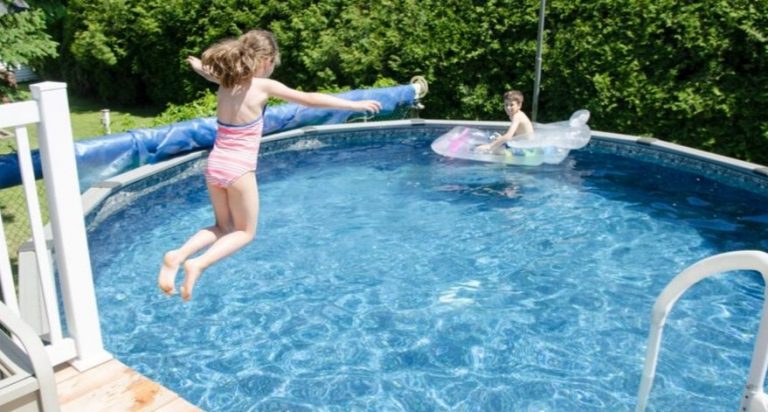Plunging Into Pool Cleaning
How to Clean a Pool
Cleaning your swimming pool is an important part of maintenance. When you get in your swimming pool, not only do you want the water to be clear, you also want it to be free of leaves and other debris. Unfortunately, swimming pools require quite a bit of maintenance to stay in good, working condition.
Owning a pool net with a long handle is an important part of keeping your pool clean. You can use the net daily to remove any leaves, pine needles or any other debris that has fallen into your pool.
Pool Filters
Depending on what type of filter your pool uses, you may have to take different steps when you clean your pool’s filter. If you are wanting to know how to clean a pool filter, you must first determine what type of filter your pool uses.
How to Clean Pool Filters
Before cleaning your pool filter you need to turn off the filtration system. Let all the air out of the filter by slowly turning the air relief valve. Once you have done this you can take your filter apart to get to the cartridge. Use a water hose to clean any loose debris off the filter.
In order to remove more difficult things from your filter cartridge such as lotions, sunscreen and other oils, you will need to soak the cartridge in a filter cleaning solution. Get a bucket or a large trash can that is big enough to hold the cartridge. Fill the container with your cleaning solution of choice and let the cartridge soak for up to ten hours. After the cartridge has soaked be sure to rinse it well with fresh water to get all the chemicals off.
Once your cartridge is clean, you can put the filter back together and put it back in place with the rest of the pool equipment. Once the filter is back in place, turn the filtration system back on and open the air relief valve to release the excess air in the tank. Leave the valve open until a steady stream of water sprays out of the valve.
A clean filter will increase the water flow, which will be noticeable through a stronger suction of your pool cleaner. You may need to recalibrate the filter pressure after you have cleaned your filtration system. The pressure gauge should typically read between between 10 to 15 PSI, depending on which type of filter you have. If your PSI reading is off, something may have been reassembled incorrectly.
Green Water in Your Pool
Has your pool turned green overnight? This can be gross and uninviting. Pool water turns green because of algae in the water. Algae can grow rapidly, especially during the heat of the summer. This is why it can turn green overnight and surprise you. This is usually caused by a chemical or chlorine imbalance in the water. When chlorine levels drop, this can cause an algae outbreak to rapidly spread. As a pool owner it is important to frequently check the chlorine levels in your pool.
After Shock
Shocking your pool is an important part of maintaining a clean and healthy swimming environment. Shocking refers to adding chlorine or other chemicals to your pool in order to eliminate algae or any other bacteria. However, sometimes after shocking your pool, you may find that the pool water has turned green. This is caused by an increased amount of dissolved copper in the water. The copper can occur naturally or it can come from copper plumbing that is connected to the pool.
If this has happened to your pool, you will need a chemical to remove the copper from the pool. These chemicals can be found at swimming pool stores. Since they are specifically made to use in swimming pools, it will be safe to swim in your pool after adding them. Once you have taken care of the copper issue, you can prevent it from happening again by performing frequent water tests. Water tests can detect the presence of copper so you can catch the problem before it turns your entire pool green.
How to Clean an Above Ground Pool
Above ground pools do not typically have the same type of filtration system as pools that are in the ground, so you have to work a little harder to keep them clean. If your above ground pool is green, shocking the pool with chlorine is the most effective way to kill the existing algae and bring your pool back to being sanitary. Before adding chlorine, monitor the pH levels in the pool.
Use a nylon pool brush to brush the walls and the floor of the swimming pool to remove as much of the algae as possible. By brushing off the algae, you are preventing it from spreading around the entire pool lining.
The cleaner you keep your above ground pool, the easier it will be for the pump and filtration system to keep working.
Clean Away
Whether it be for a pool party or making sure your water is clean at the end of the season to close the pool, these tips and tricks are bound to help you keep the cleanest environment possible.

